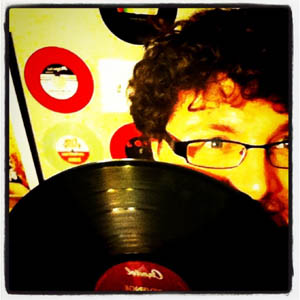By Jake Poinier
If I’m honest with myself—and, yeah, that can be tough to do—I recognize that I have learned as much or more about the freelancing business from failure as I have from success. I’ve been at it for 14 years now, and have enough distance from some of my most major screw-ups to laugh about them. For others, the sting is a little too fresh and harsh.
You’ve got your obvious mistakes, when you bid too low, or let the client run you ragged with scope creep, or simply took on a job that looked boring…and it turned out to be worse than you imagined. But the main thing is to not make the same mistake twice. That’s not failure, it’s foolishness.
There’s another aspect of failure, though, that’s a little more subtle and a lot more under your control. In order to improve your freelance business, you need to try things that you haven’t done before. Maybe it’s experimenting with different industries and media types, or trying out different marketing techniques. (If you want a ton of low-cost, high-potential-upside failures, cold-calling is a great exercise.)
The bottom line is that we may expect perfection from our actual creative work as freelancers—perfect grammar, punctuation, turns of phrase—but the sales/marketing/management aspect of the business doesn’t follow the same rules. If your query letters aren’t working, perhaps it’s not that the story ideas are bad. If new clients are haggling on price, it’s not necessarily because your rates are too high. If you’re having trouble finding prospects, it could be simply that you need to take a different approach.
Normally, you think of January as the time to try new things, but I’m telling you right here, that there are freelance clients out there now, coming into the pre-holiday rush, who can be grabbed with just the right pitch or approach—and it might be different from your current methodology. Sure, you might fail. But what would happen if you succeed?
Jake Poinier recently published his first book about freelancing, The Science, Art and Voodoo of Freelance Pricing and Getting Paid. He runs Phoenix-based Boomvang Creative Group and blogs under the pseudonym Dr. Freelance.




